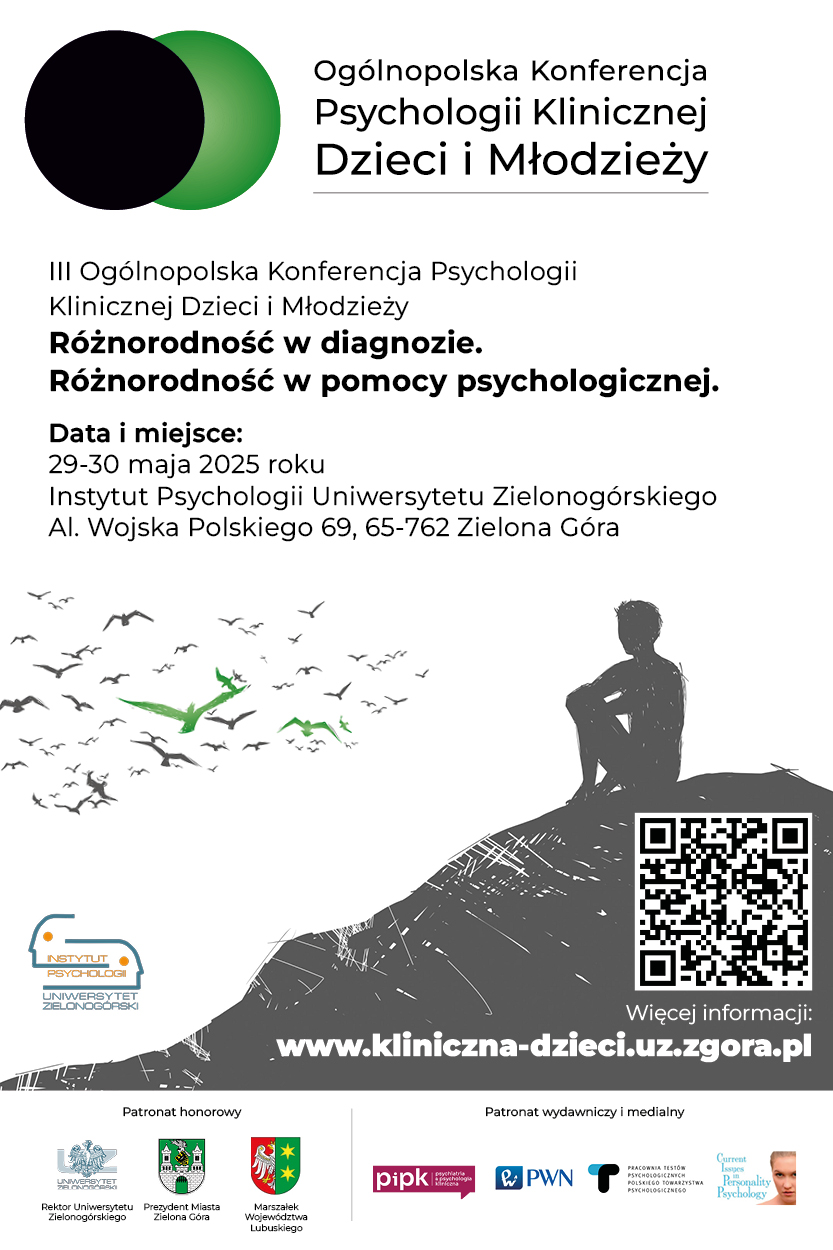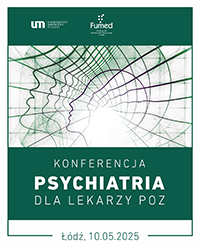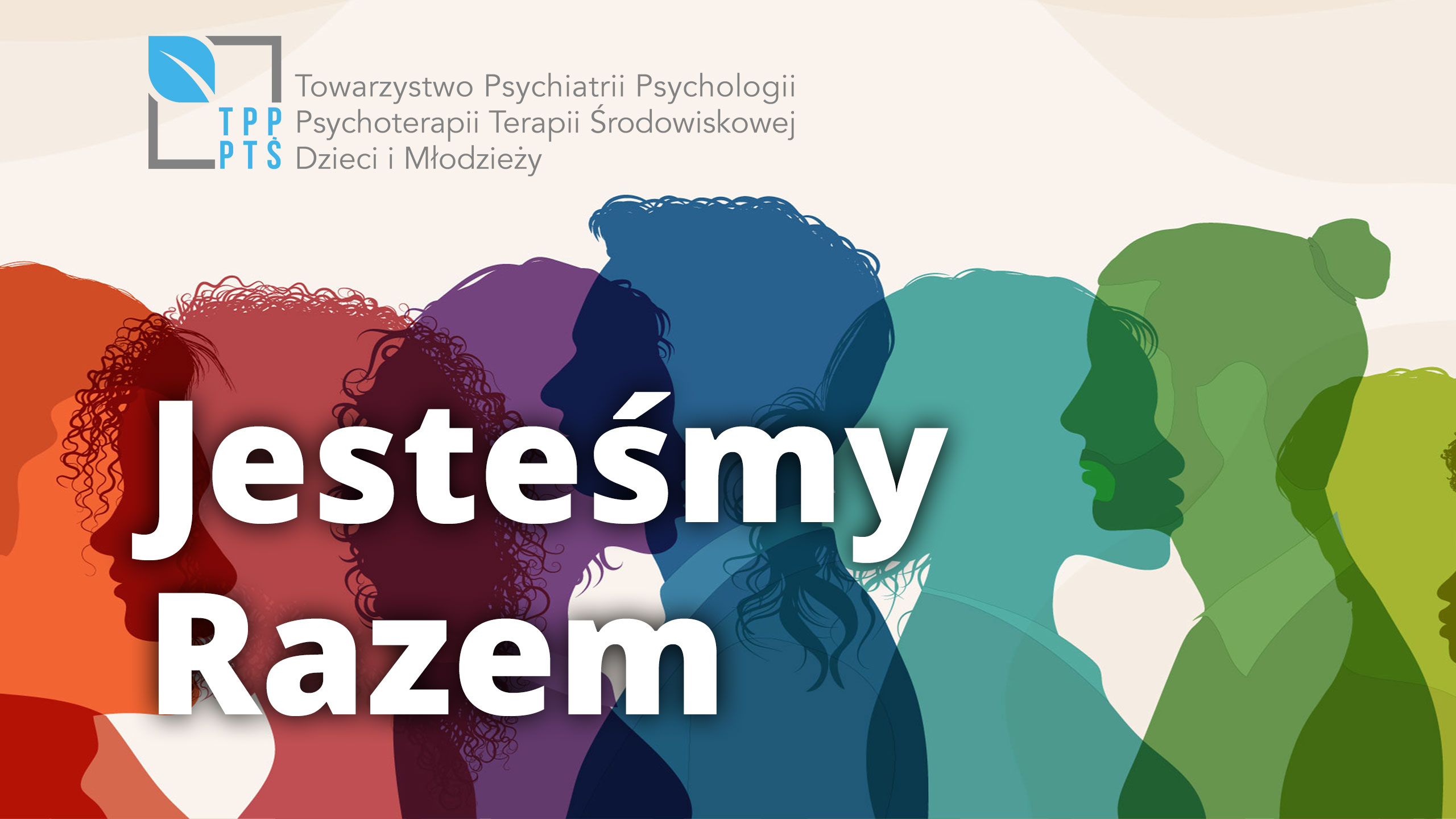Cognitive reserve and emotional and current cognitive performance of older adults with different cultural background – preliminary study
Anna Boiko
 Affiliacja i adres do korespondencji
Affiliacja i adres do korespondencjiBackground: A cognitive reserve level has a significant impact on changes in cognitive performance in the process of natural aging. The cognitive reserve level consists of multiple variables, which are often shaped by the current sociopolitical environment, including a socioeconomic status, the level of education, and occupation. Aim of the study: A comparison of the cognitive reserve and selected cognitive abilities of seniors from different cultures (Poland and Ukraine), and the analysis of the impact of both variables (cognitive reserve and cultural background) on the level of current cognitive abilities. Material and methods: The study was conducted in two countries (Poland and Ukraine) and included 30 participants aged 60–93. Research tools used in the study were the following: Montreal Cognitive Assessment (MoCA), subtests: Vocabulary and Digit Span from Wechsler Adult Intelligence Scale-Revised (WAIS-R), Written Metaphor test in RHLB-PL (Right Hemisphere Language Battery), semantic and emotional fluency tasks, Benton Visual Retention Test, Satisfaction with Life Scale (SWLS), Beck Depression Inventory-II (BDI-II) and the author’s questionnaire for the cognitive reserve assessment. Results: Polish seniors obtained a significantly higher overall score in MoCA, verbal fluency tasks, Benton Visual Retention Test and in MoCA subtests: Language, Abstraction and Delayed Recall. The results of a two-way analysis of variance showed a significant effect of the cultural background and/or the cognitive reserve on the level of language skills (MoCA: Language), abstract thinking (MoCA: Abstraction), and the level of depression (BDI-II). Conclusions: Cognitive reserve factors show a diverse relationship with different spheres of human functioning in different cultures, and thus their role in successful aging may be various.






















